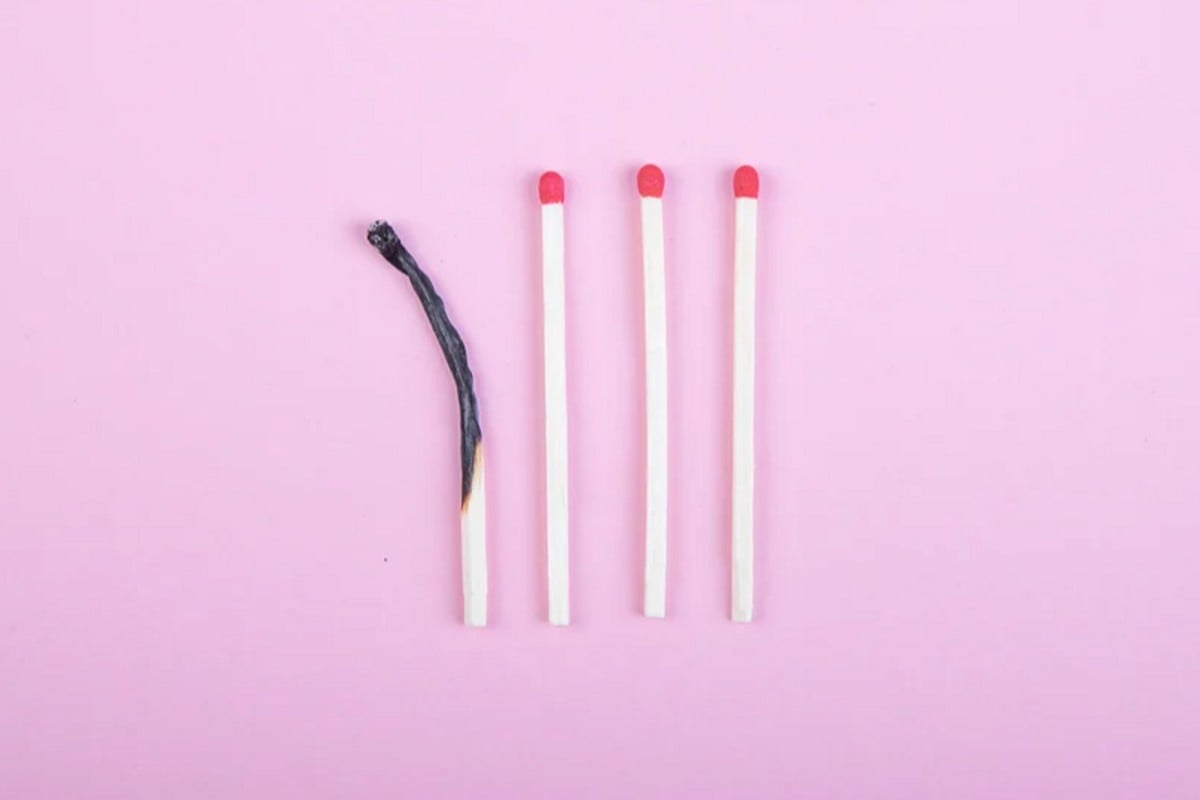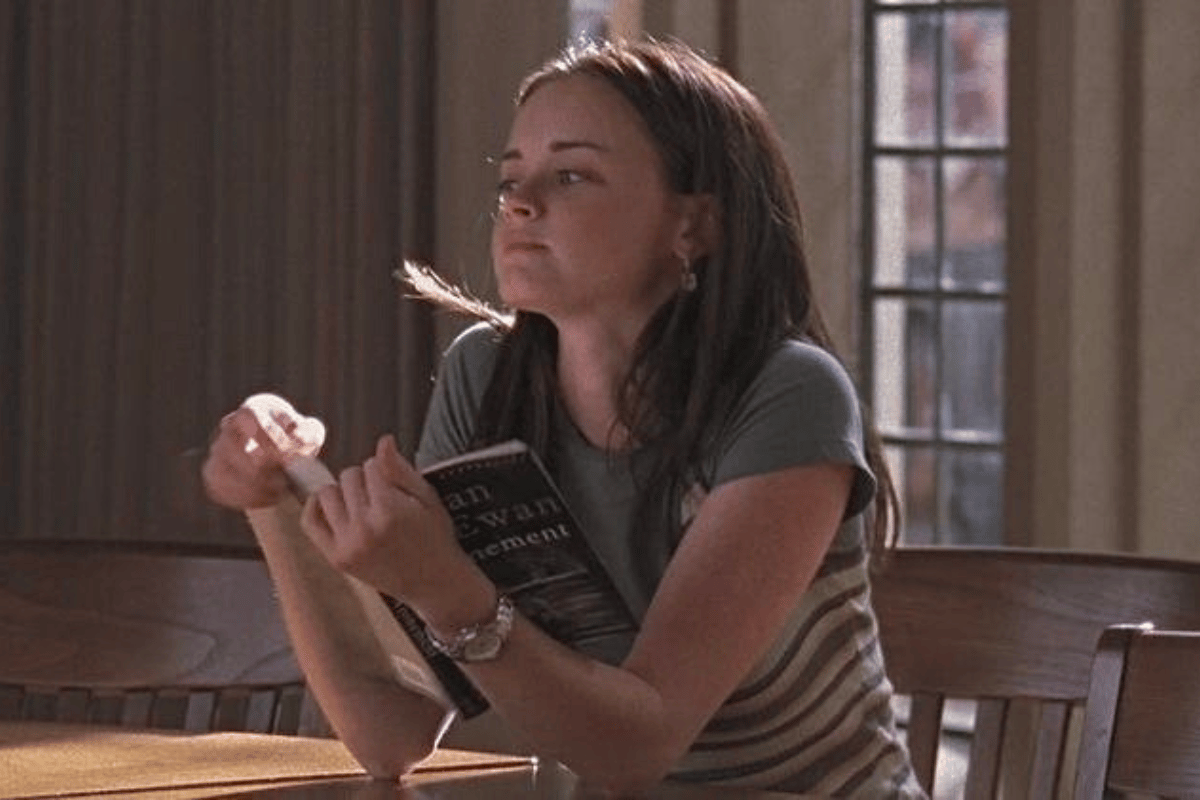
It was a very average day when everything went wrong for Taryn.
She was in the kitchen — as she was most mornings — preparing school lunches and getting her seven-year-old twins out the door, which she describes as "chaos in itself".
It had been a difficult time for her. Taryn had been facing big life events and problems with her extended family for years, on top of the daily load of life as a parent. Things were starting to pile up.
All of a sudden, Taryn became acutely aware of her heart.
"It was beating like it was going to burst from my chest, so strong, I could feel the pulsing in my head," she told Mamamia. "You instinctively try to appear normal for your kids, but inside, I had a million scenarios running through my head. 'Am I having a heart attack?'"
Taryn slid to the floor, overcome with the strange feeling that she was going to die. She called her husband to take the kids to school, which he promptly did before taking her to the hospital. The last question her son asked before being dropped off was: "Is Mummy going to die today?"
"It still breaks my heart writing it. My kids were petrified," she says.
It wasn't until she went to the emergency department, had her heart checked, and an IV drip placed in her arm that the doctors told her she definitely wasn't having a heart attack.
No, she'd had a panic attack.
That awful feeling that life was slipping away from her had been the result of severe, prolonged stress. The incident triggered Taryn to actually look into the long-term burnout she'd experienced over the years, and finally address it. She now runs Centred Magazine, where she often discusses burnout and what she calls 'integrated exhaustion'. 'Integrated' because the exhaustion isn't isolated (it's the combined effect of multiple stressors) and 'exhaustion' to convey the severity, she explains.
































































































